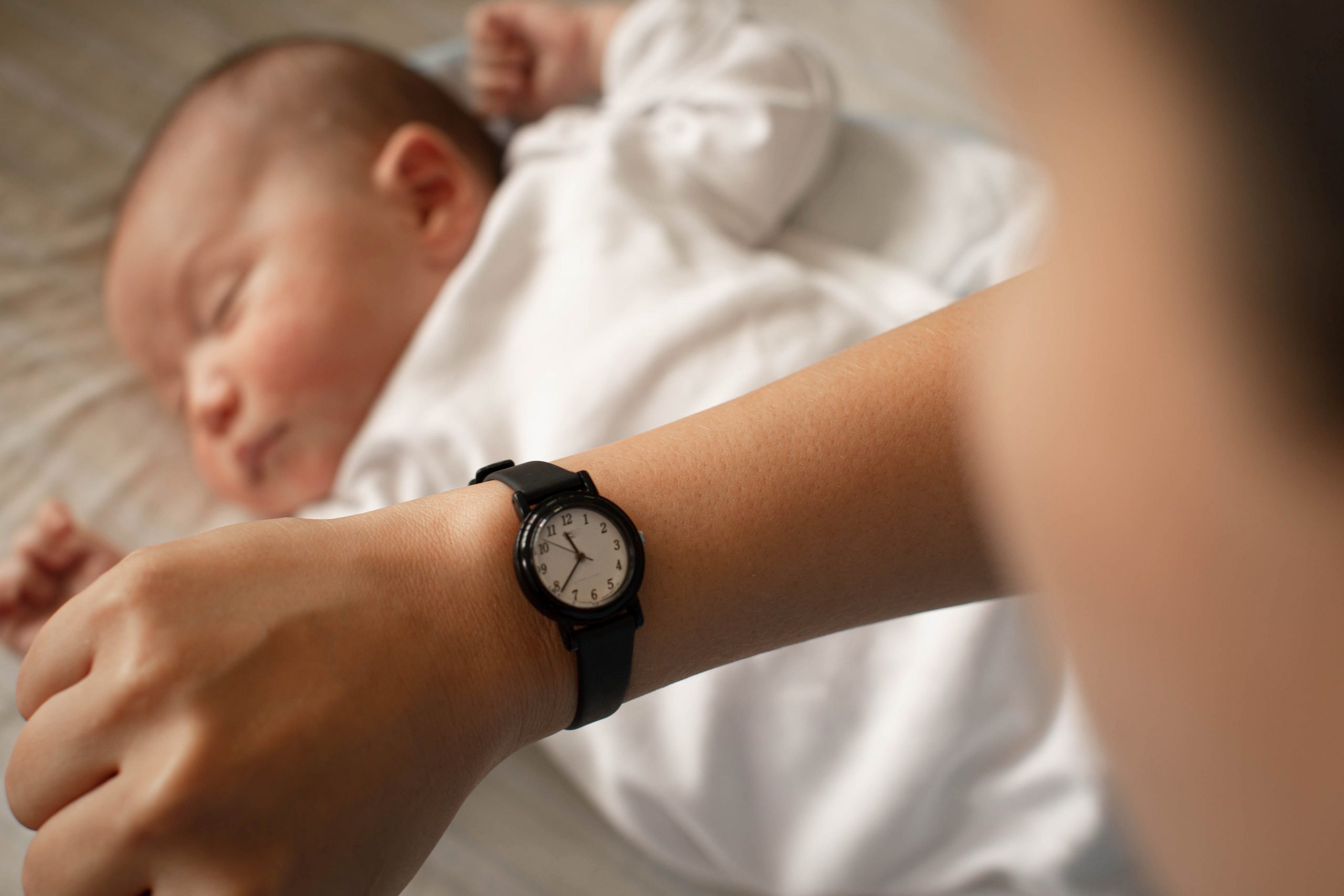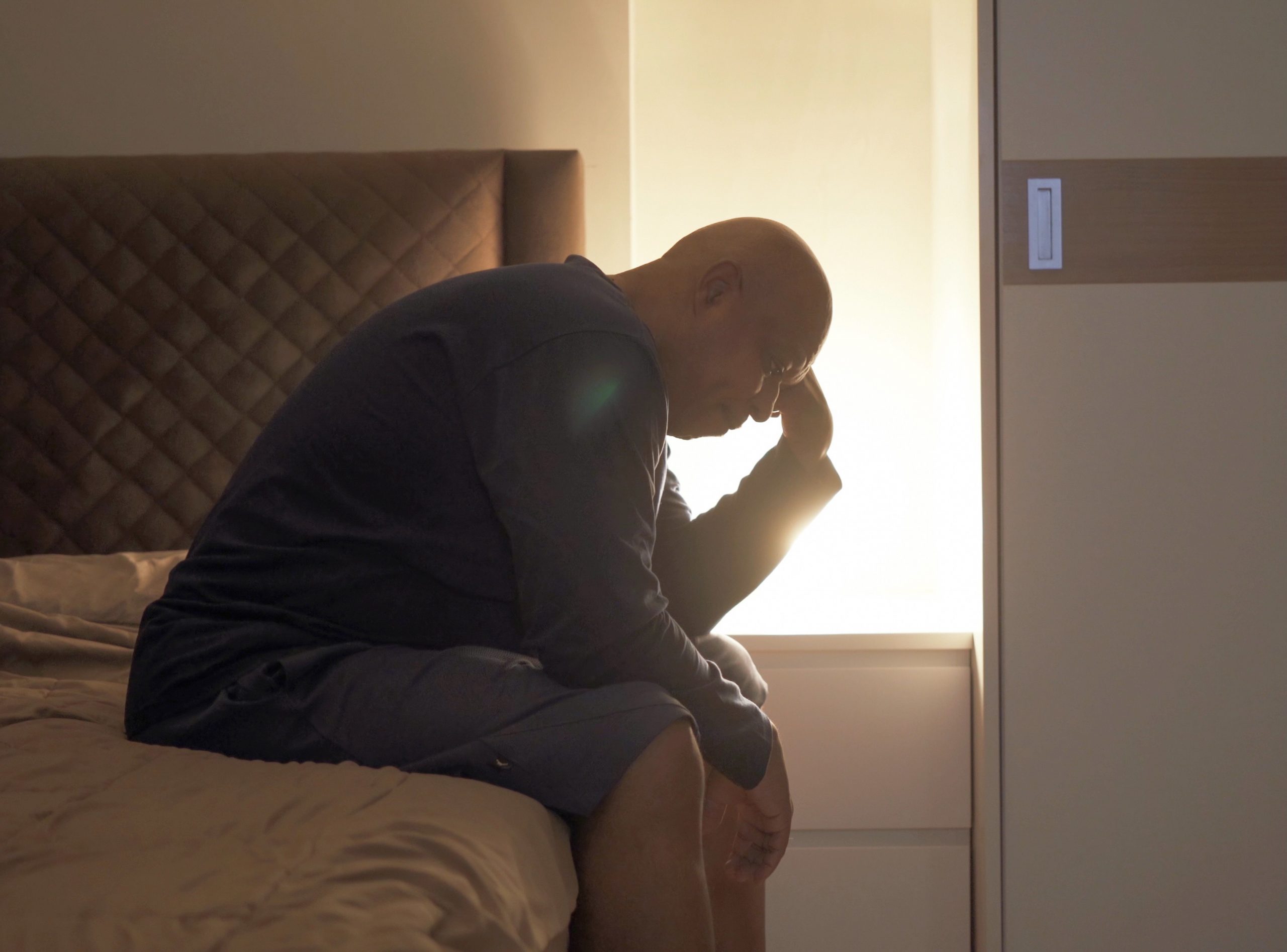
Scientists have created an embryo-like structure using monkey embryonic stem cells for the first time, part of an effort to better understand early human development and organ formation. The researchers created the structures in a lab in China and then transferred them into the uteruses of female monkeys, according to a report published April 6… read on > read on >


















